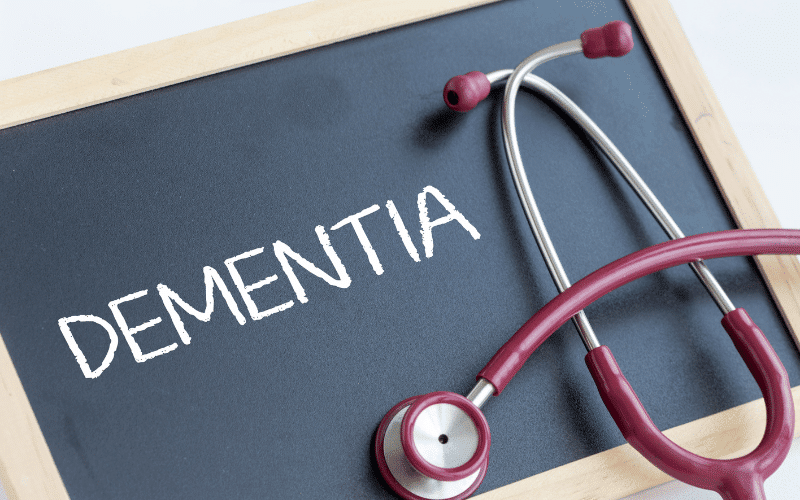Frequently Asked Questions About Dementia

1. What is the difference between Mild Cognitive Impairment (MCI) and dementia?
Mild Cognitive Impairment (MCI) is a stage between normal cognitive aging and dementia where an individual has noticeable cognitive decline but can still perform everyday activities. In contrast, dementia is a more severe form of cognitive impairment that significantly interferes with daily life and independence.
2. What are some common symptoms of MCI and dementia?
Common symptoms of MCI include forgetting important information, difficulty making decisions, losing train of thought, feeling increasingly overwhelmed by making decisions or planning steps for a task. Dementia symptoms are more severe and include memory loss, difficulty communicating, confusion, disorientation, decreased concentration, and behavior changes.
3. Are there effective treatments for MCI and dementia?
While there is currently no cure for MCI or dementia, some treatments can manage symptoms. This includes medications to improve memory and cognition, behavioral interventions to manage mood and behavior issues, and lifestyle modifications like regular exercise, a healthy diet, cognitive stimulation, and social engagement.
4. Can MCI progress to dementia?
Not all people with MCI will progress to dementia. Some people may remain stable, while others may even improve over time. However, individuals with MCI are at a higher risk of developing dementia compared to those without MCI.
5. Is dementia a normal part of aging?
No, dementia is not a normal part of aging. While the risk of dementia increases with age, it is not a condition that everyone will experience as they get older. Dementia involves a significant decline in memory and cognitive function that interferes with a person’s daily life, which goes beyond normal age-related memory changes.
6. How important is early detection and regular check-ups for MCI and dementia?
Early detection is crucial in managing both MCI and dementia. Regular check-ups can help identify and control potential risk factors. They also provide an opportunity to discuss any noticeable changes in memory or thinking abilities with the doctor. Cognitive screening, as a part of these regular check-ups, can facilitate early diagnosis and management, allowing for timely planning and treatment.
Conclusion: Navigating MCI and Dementia
Understanding MCI and dementia can seem overwhelming, with the wide array of symptoms, diagnostic tools, and treatments to consider. However, the more we learn, the better equipped we are to navigate these conditions, whether we’re healthcare professionals, caregivers, or individuals living with these conditions.
Early detection is key in managing both MCI and dementia. Knowing the symptoms and risk factors can help individuals seek medical advice sooner. Healthcare professionals can use a combination of cognitive tests and neuroimaging to make a more accurate diagnosis and begin treatment as early as possible.
While dementia is not a normal part of aging, the risk does increase with age. However, many lifestyle factors can influence the risk of developing these conditions. Regular physical activity, a balanced diet, mental stimulation, and social engagement can all contribute to maintaining cognitive health.